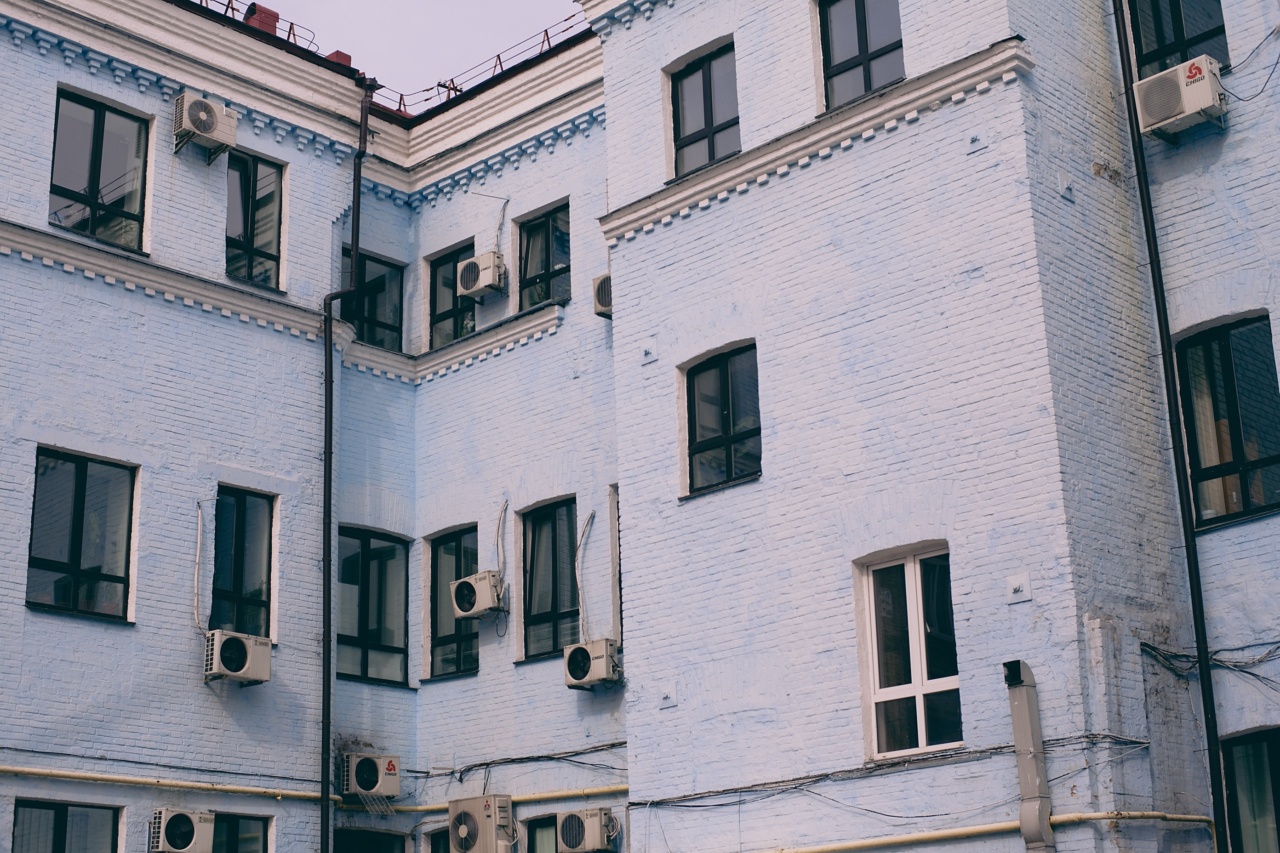Air conditioning is a common feature in many households and public places, providing relief from hot and humid weather conditions.
While adults may find air conditioning comforting, especially during summer months, concerns have been raised about its impact on infants. In this article, we will explore how air conditioning affects infants and discuss some precautions that parents can take to ensure their little ones stay safe and healthy.
The Role of Temperature Regulation in Infants
Before delving into the effects of air conditioning on infants, it’s crucial to understand the importance of temperature regulation in newborns and young babies.
Unlike adults, infants have an underdeveloped ability to regulate their body temperature effectively. The thermoregulatory system in infants is still developing, making them more vulnerable to extreme temperature fluctuations.
Positive Effects of Air Conditioning on Infants
When used appropriately, air conditioning can have several positive effects on infants. Here are a few ways in which air conditioning can be beneficial:.
1. Prevents Overheating
One of the advantages of air conditioning is its ability to prevent overheating. High temperatures can be dangerous for infants and may lead to heat exhaustion or heatstroke.
Air conditioning helps maintain a comfortable ambient temperature, ensuring that the baby doesn’t overheat, especially during hot summer months.
2. Enhances Sleep Quality
Temperature plays a crucial role in promoting sound sleep. A cool and comfortable environment created by air conditioning can help infants sleep better.
Adequate sleep is essential for healthy growth and development in babies, and air conditioning can contribute to a conducive sleep environment.
3. Reduces Risk of SIDS
Sudden Infant Death Syndrome (SIDS) is a tragic event where an otherwise healthy baby dies unexpectedly during sleep. Although the causes of SIDS are still not entirely understood, research suggests that overheating can be a contributing factor.
Air conditioning helps regulate room temperature, reducing the risk of overheating and potentially lowering the risk of SIDS.
Negative Effects of Air Conditioning on Infants
While air conditioning can offer benefits to infants, there are also potential negative effects that need to be considered:.
1. Respiratory Issues
Continual exposure to air conditioning may dry out the air and cause respiratory problems in some infants. Dry air can irritate the nasal passages and throat, leading to congestion, dry cough, or a sore throat.
This can be especially problematic if the air conditioning system is not appropriately maintained or if the air filters are not regularly cleaned.
2. Increased Risk of Infections
When air conditioning is not adequately cleaned or its filters are not regularly maintained, it can become a breeding ground for various microorganisms, including bacteria and fungi.
If these microorganisms are circulated in the air, infants can be at an increased risk of respiratory infections and other illnesses. It is essential to ensure proper maintenance and regular cleaning of the air conditioning system to mitigate this risk.
Precautions for Using Air Conditioning with Infants
While air conditioning can be used safely with infants, certain precautions should be taken to minimize potential risks. Here are some recommendations:.
1. Set the Temperature at an Optimal Level
When using air conditioning around infants, it’s crucial to set the temperature at an optimal level. The ideal temperature for infants is around 68-72°F (20-22°C).
This temperature range ensures comfort without being too cold or too warm for the baby. Using a thermostat or a temperature sensor can help maintain a consistent and safe temperature in the baby’s room.
2. Use a Humidifier
To counteract the dryness caused by air conditioning, it is recommended to use a humidifier in the baby’s room. A humidifier adds moisture to the air, preventing dry nasal passages and potential respiratory issues.
However, it is important to clean the humidifier regularly to prevent the growth of bacteria or mold.
3. Regularly Clean and Maintain the Air Conditioning System
Proper maintenance of the air conditioning system is crucial when infants are present in the household. Regularly clean or replace air filters to prevent the circulation of dust, allergens, and harmful microorganisms.
Engage professional HVAC technicians to inspect and clean the system periodically to ensure optimal air quality.
Avoid Direct Exposure to Cold Air
Directly exposing infants to the cold blast of air conditioning can be harmful, leading to discomfort and potentially respiratory issues. Ensure that the baby’s crib or play area is not placed directly in front of an air conditioning vent or unit.
This prevents direct exposure to cold air and reduces the risk of temperature fluctuations.
Dress Infants Appropriately
When using air conditioning, it’s important to dress infants appropriately to maintain body temperature. Dress them in light and breathable clothing that helps regulate body heat.
Always use blankets or swaddles that are appropriate for the ambient temperature to prevent overheating or overcooling.
Conclusion
Air conditioning can offer both positive and negative effects on infants.
While it helps prevent overheating, enhances sleep quality, and potentially reduces the risk of SIDS, it also carries the risk of respiratory issues and increased infections if not used or maintained correctly. By following the precautions mentioned above, parents can safely use air conditioning while minimizing potential risks for their little ones.






























